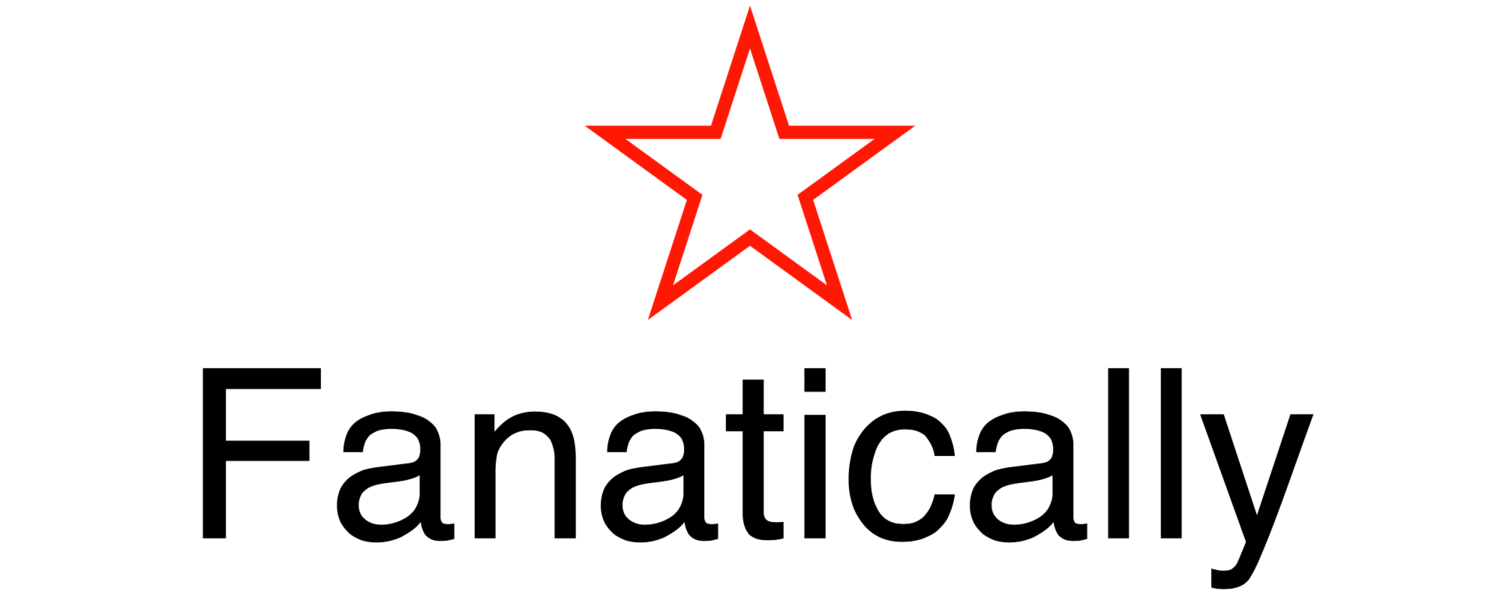Paid, Free or Freemium iOS Apps?
So, I wanted to cover some ground on iOS app pricing strategies. Not all apps are created equal, but also the pricing model can often make the difference between a good experience and a bad one with an app.
Free apps are just that. No up front cost and no hidden costs down the road. Often, free apps are supported by annoying ads, but it is also common enough to see good free apps with no ads. The common way that apps can afford to be free is if they are part of a bigger business or service. For instance, Facebook, Google, Yahoo, Nike+, etc. Others may offer you the app for free, but will encourage you to sign up for some "pro" version of your service that comes with a monthly or annual fee to unlock those "pro" features. Some that come to mind are Evernote, LinkedIn and Lose It! I would guess that most people stick with the basic app that is perfectly capable for the average user.
Paid apps are apps that have an explicit up front cost, and generally no other hidden costs in the future. This isn't a hard rule, as some apps will have an upfront cost and try to sell you in-app purchases, but most paid apps are a single cost. Great examples of paid apps that are totally worth it include Tweetbot, Launch Center Pro, Reeder, and possibly the most famous paid app of all time, Angry Birds. These apps are all $4.99 or less, they are well worth it, and there are no surprises down the line. Very impressively, the original Angry Birds game — which sold for $0.99 for years — is still getting updates more than 4 years later. Now, I will express a little disappointment in Angry Birds because they did make the switch to freemium several weeks back, but it took them many years to get there. WhatsApp was one of the greatest paid apps ever, before switching to a $1 per year subscription model last year. For $0.99 you could save a lot of money on text messaging, especially back in 2009 when it was launched and iMessage didn't yet exist.
Freemium apps are apps that have no upfront cost, but you most likely get a very basic version of the app for free and are either subtly or not-so-subtly encouraged to upgrade through in-app purchases. I'm not a big fan of freemium. This pricing strategy annoys me. I find it to be a bit of a shady business model most of the time, especially in the games category. Candy Crush Saga, in addition to being accused of totally ripping of the game from an independent developer (Candy Swipe), is one of the worst types of freemium apps. With a quick Google search, you can find many stories of people spending hundreds of dollars on in-app purchases. Facebook users playing the game are also encouraged to spam their "friends" in order to get more free moves or lives or whatever they call them. As mentioned above, Rovio just moved over to the freemium model with their Angry Birds games. The worst type of freemium model in my opinion is the "pay or wait" model. This is the model for Angry Birds Go, and I hate it. The idea of a Mario Kart-style game is great, but the whole concept of having to pay to play now or wait until your energy builds back up is just terrible. I'll pay you $4.99 if it's a good game, just let me play it continuously. This isn't an 80's or 90's arcade game into which you should have to continually pump quarters. This is the avenue that many game developers seem to be going down lately and it seems to be making some of them a lot of money. But that doesn't mean I have to like it. Minecraft is the number one paid app on the Canadian App Store and they seem to be doing just fine with a one-time $6.99 price tag. Good for them.
There are a couple of in-app purchases that I don't mind at all. One type is a one-time purchase to remove ads. Perfect. If the ads annoy me and I feel it's worth the $1.99 to get rid of them forever, then I won't hesitate to do it. Especially if I like the app and want to support the developer. Another type of in-app purchase I'm okay with is the donation or tip for the developer. I recently downloaded Pedometer++ for the iPhone and I love the model that Cross Forward is using. You get the whole app for free and there are no ads and no features to unlock, but if you like the app, you can use in-app purchases to give the developer a "Generous Tip" ($0.99), "Massive Tip" ($2.99) or an "Outrageous Tip" ($5.99). Not all freemium apps or apps with in-app purchases are bad, but many are employing the strategy in a manner that ruins the app for me.
In the end, it's all up to you. My personal preference is to pay a couple of bucks for better apps, instead of using the "good enough" free version. Because, when you're settling for "good enough", is the app really good enough? And, whenever possible, I'll continue to avoid the freemium apps that are trying to suck a lot of money out of me by giving me the app for free and then hitting me up for cash on a frequent basis. And, I like to support the good guys.
